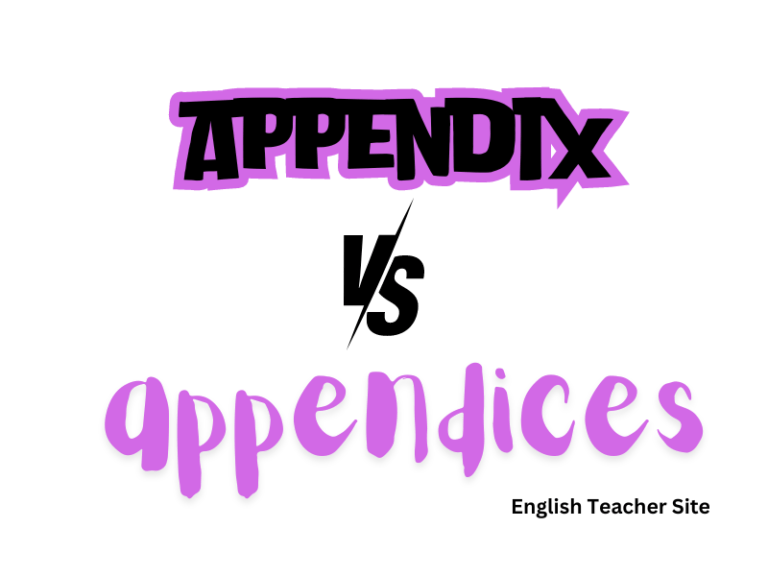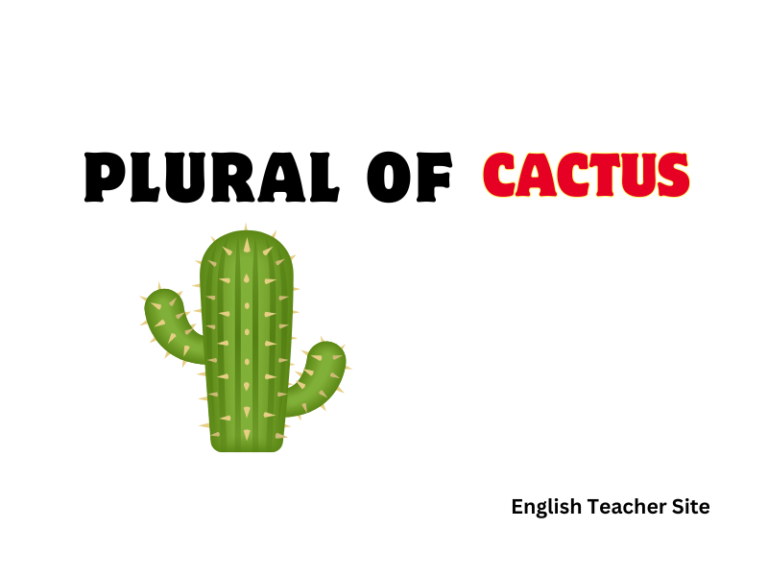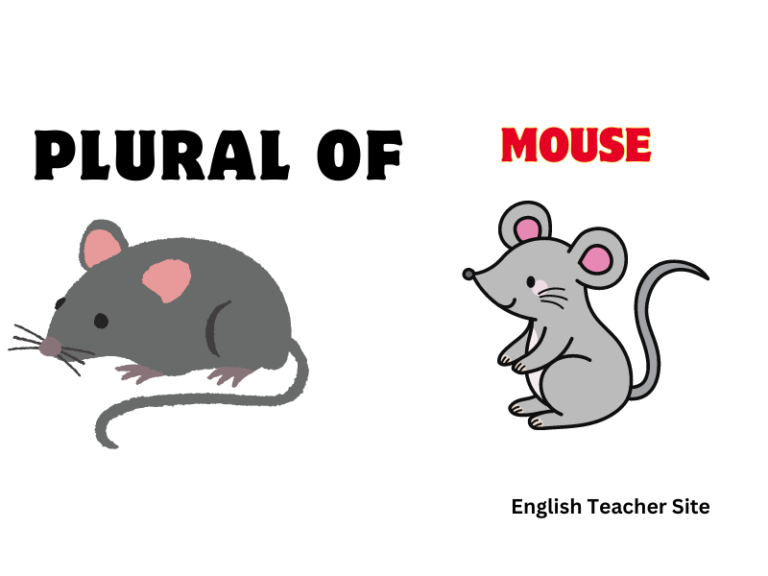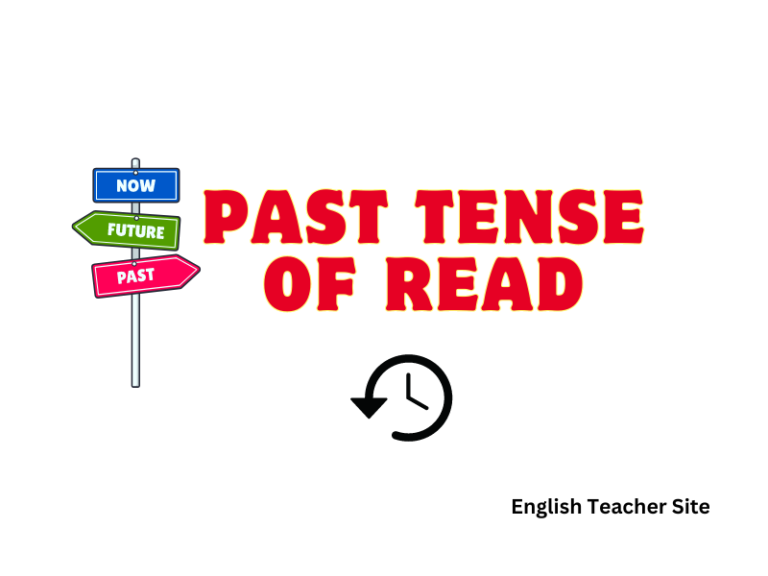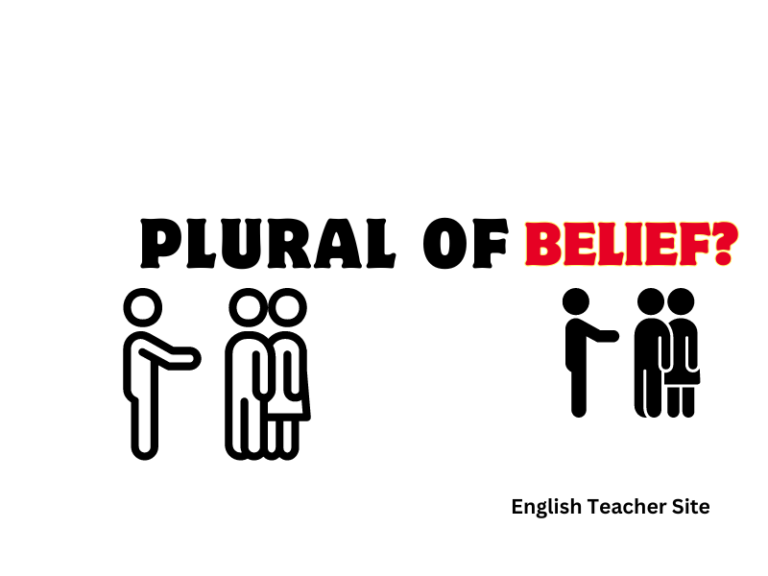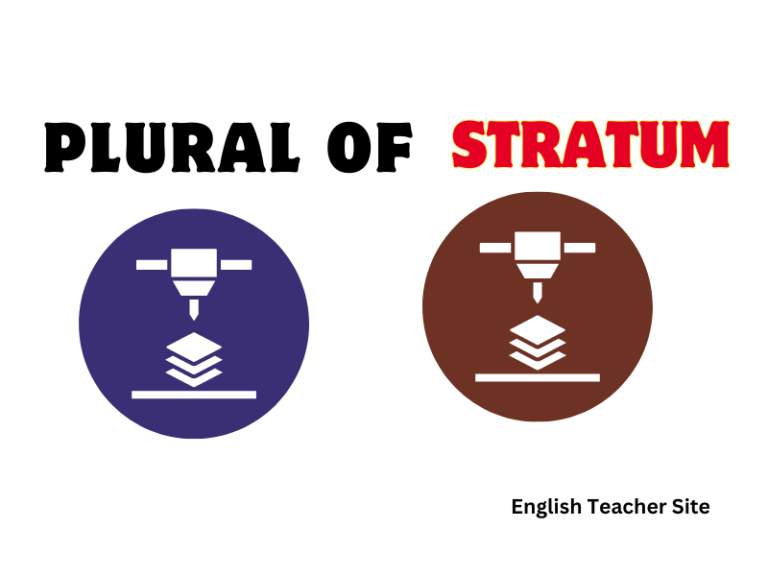Whats the Plural of Hypothesis: Understanding Grammatical Number
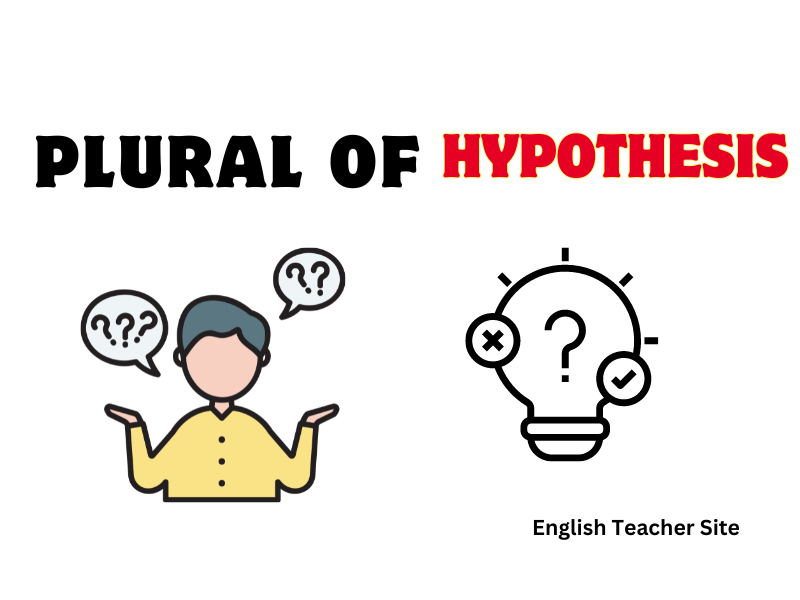
- The word “hypotheses” is the plural form of “hypothesis.”
- “Hypothesis” and “hypotheses” are used to propose explanations for phenomena, with usage depending on the number.
- The origin of “hypothesis” traces back to Greek, affecting its pluralization in English.
In the most straightforward terms, the plural of “hypothesis” is “hypotheses.” This transformation follows a specific pattern seen in words that end in “-is,” with the “-is” changing to “-es” to form the plural. Understanding the correct use of the singular and plural forms is fundamental for both written and spoken English, especially within academic and scientific contexts where the word is frequently employed.
What’s the Plural of “Hypothesis”?
Singular to Plural Transformation
The transformation from singular to plural for the word “hypothesis” involves altering the ending of the word:
- Change the “is” to “es”
- This results in the plural form “hypotheses”
Pronunciation
The plural form is pronounced as “hī-ˈpä-thə-ˌsēz.” It’s essential to note that the difference is not just in spelling but also in pronunciation.
Usage of Hypothesis and Hypotheses
Here is a simple breakdown of when to use each form:
| Singular (Hypothesis) | Plural (Hypotheses) |
|---|---|
| Refers to one assumption or proposed explanation | Refers to two or more assumptions or proposed explanations |
Examples in Sentences
- Singular: The scientist tested the hypothesis to see if it was valid.
- Plural: After many experiments, all the hypotheses were evaluated for accuracy.
What’s the Singular of Hypothesis?
The singular form of hypothesis is “hypothesis.” To assist in understanding, consider the following tables:
| Term | Definition |
|---|---|
| Hypothesis | A statement or idea to be tested through scientific method |
Another table illustrating the usage in a sentence:
| Sentence Usage |
|---|
| “The scientist formulated a hypothesis about the cause of the phenomenon.” |
Here are key points to remember about the term “hypothesis”:
- It is the singular form used when referring to one proposed explanation.
- A hypothesis can later become a theory if it is supported by substantial evidence.
- In the realm of science, it is a statement subject to verification or falsification through research.
Defining the Word “Hypothesis”
The term hypothesis originates from the Greek word meaning base or foundation. It is commonly understood as a starting point for scientific inquiry, a proposed explanation made on the basis of limited evidence as a starting point for further investigation. In its essence, a hypothesis is a tentative assumption designed to test its logical or empirical consequences.
In scientific reasoning, a hypothesis serves as a provisional idea whose merit requires evaluation. It is not just a wild guess, but an informed conjecture that sets the stage for experimentation and observation.
Key Attributes of a Hypothesis:
- Conjectural: A hypothesis is an educated guess about the relationship between two or more variables.
- Testable: It must be possible to prove that the hypothesis is true or false through evidence.
- Predictive: A hypothesis should make predictions that can be verified through testing.
- Falsifiable: To be scientific, a hypothesis must be structured in a way that it can be refuted by evidence.
Hypothesis in Conditional Statements:
| Part of Conditional Statement | Role of Hypothesis |
|---|---|
| Antecedent (If clause) | Contains the hypothesis |
| Consequent (Then clause) | Outcome or prediction |
For example, in the statement “If molecules are exposed to higher temperatures, then their kinetic energy will increase,” the hypothesis is that higher temperatures affect molecular kinetic energy.
Hypothesis (Singular) Used in Sentences
Examples in Sentences:
- The scientist formulated a hypothesis about the effect of light on plant growth.
- After analyzing the data, she presented her hypothesis concerning the animals’ migration patterns.
- His hypothesis that increased sunlight would enhance energy efficiency remains to be tested.
- In her thesis, the hypothesis revolved around the impact of social media on communication skills.
- It is key for a hypothesis to be clear and concise for it to lead to meaningful scientific investigation.
| Structure of a Sentence with “Hypothesis” | Example |
|---|---|
| Subject + Verb + Hypothesis | He developed a hypothesis. |
| Hypothesis + Verb + Complement | The hypothesis suggests a potential solution. |
Regarding the use of “hypothesis” in academic writing, it is important to:
- Identify the key variable: Highlight what the hypothesis is specifically attempting to test or predict.
- State the expected outcome: Clarify the predicted result or effect that the hypothesis addresses.
| Key Component of Hypothesis | As Used in a Sentence |
|---|---|
| Variable | The hypothesis focused on the variable of classroom size. |
| Outcome | Her hypothesis anticipated a positive outcome from the new diet. |
Tips for crafting a hypothesis:
- Keep it simple and testable.
- Ensure it is backed by existing literature and theories when applicable.
- Tailor it to be specific, addressing a particular phenomenon or set of data.
- A hypothesis must be falsifiable; that is, it must be phrased in a way that makes it possible to reject if it is not true.
- Avoid complex jargon when constructing a hypothesis; clarity ensures that others can understand and test it.
- Remember, a hypothesis is not a question, but rather a statement that reflects what the researcher believes to be true.
Hypotheses (Plural) Used in Sentences
In the realm of research, it’s common to encounter:
| Singular | Plural |
|---|---|
| hypothesis | hypotheses |
Example Sentences:
- The scientists reviewed several competing hypotheses before commencing their experiment.
- Their hypotheses centered on the potential effects of climate change on marine biodiversity.
- During the symposium, the researcher explained her methods for testing the various hypotheses.
Using “hypotheses” precisely:
- Clarity: Each of the hypotheses represented a possible explanation for the phenomenon observed.
- Context: In scientific discussions, it’s paramount to present hypotheses in a structured manner.
- Comparison: The study contrasted traditional hypotheses with innovative conjectures emerging in the field.
In day-to-day language or teaching scenarios, one might encounter scenarios such as:
- The teacher asked the students to write down their own hypotheses about the outcome of the chemical reaction.
- The book included several interesting hypotheses about the origins of language.
Origin of the Word “Hypothesis”
Ancient Greek is the initial source of the word “hypothesis.” Specifically, it derives from two Greek words: “ὑπό” meaning ‘under,’ and “θέσις” meaning ‘a placing’ or ‘proposition.’ The combination of these elements resulted in “ὑπόθεσις” (hypothesis), signifying ‘a placing under’ or ‘foundation’.
| Greek Origin | Meaning |
|---|---|
| ὑπό (hypo) | below, under |
| θέσις (thesis) | placing, setting |
Transitioning into Late Latin, the term “hypothesis” maintained its original Greek meaning. By the time it reached the Middle French, as “hypothese,” it was already well-incorporated into the lexicon of scientific and philosophical discourse.
| Language Evolution | Form |
|---|---|
| Late Latin | hypothesis |
| Middle French | hypothese |
In English, “hypothesis” retains the essence of its Greek origins: a proposed explanation for a phenomenon, a foundation for further investigation, or a premise to be tested.
Key Developments:
- Integral to scientific method
- Used academically to propose theories
To construct the plural form of “hypothesis,” English follows a standard pattern seen with words ending in ‘-is.’
- Singular: hypothesis
- Plural: hypotheses
Usage in English implies not just a simple carrying over of a term, but an adaptation of the concept it represents — underpinning the advancement of knowledge, it supports theoretical frameworks and empirical research.
My name is Khamis Maiouf. I am the creator of the English Teacher Site, dedicated to providing valuable resources and insights for students around the world. With a passion for education and a commitment to helping students enhance their skills, I aim to make English teaching more effective and enjoyable for both educators and students.

